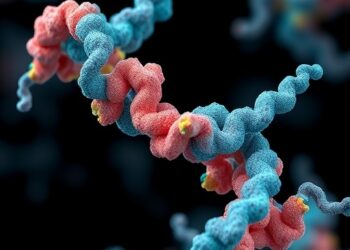A new study led by Irish scientists has found giant Atlantic bluefin tuna are moving further north in response to marine heatwaves off the Irish coast.
These tuna are normally seasonal visitors to Ireland during the summer months, but electronic tags deployed by the scientists have confirmed they are spending more time toward higher latitudes as the region experiences ocean warming events.
Grace McNicholas, PhD candidate in the School of Natural Sciences at Trinity College Dublin, was lead author of the study that has just been published in international journal Diversity and Distributions.
She said: “These fish swim thousands of kilometres on their annual migrations, visiting the coast of Ireland in the summer and autumn. Understanding how climate change may alter the conditions they encounter along their journey is really important as it helps us to predict future migration routes and ultimately guide management decisions for this ecologically and economically important species.
“Our results provide early indications that the fish are moving further north than would be expected, and we believe this is due to warming seas.”
Although historically abundant in Irish waters, overexploitation of this species throughout the Atlantic led to global population crashes and their disappearance from Ireland in the 2000s. Thankfully, due to improved management over the last decade, fish have been re-establishing themselves in historic feeding grounds around Ireland. However, the suitability of these areas for the visiting tuna may be threatened as our climate continues to change.
In the study, satellite tags were deployed on over 50 tuna by the Irish Marine Institute, working with Irish anglers. This allowed the team to track the route of the fish for up to 12 months once they left Irish waters. Some fish travelled to the Mid-Atlantic while others travelled to the Mediterranean Sea, possibly to spawn. Several tagged tuna returned to Ireland the following year.
Working with collaborators from Stanford University and The University of California, Santa Cruz in the US, the team modelled the oceanographic conditions experienced by the tagged tuna, to better understand their preferred marine habitats. As things got warmer, the fish tended to prefer more northerly seas.
Dr Nick Payne, Assistant Professor in Trinity’s School of Natural Sciences, said: “This study is yet another clear example of the massive impact climate change is having on marine habitats. Atlantic bluefin are a hugely important species for lots of reasons, and it’s looking like they might move further north in the near future. This could have significant impact on various coastal communities, including some of those in Ireland.”
The team plans to extend the research to other important marine species to gain a fuller picture of how the marine ecosystem surrounding the Irish coast is likely to change in the coming years, so we can better adapt to those changes.




